As the sun beat down on the remote Queensland beach, a somber procession of jurors, judges, and lawyers made their way along the shoreline, retracing the steps of a tragic event that would change the lives of everyone involved forever. The body of Toyah Cordingley, a 24-year-old woman, was discovered on Wangetti Beach in 2018, and now, three years later, her alleged killer, Rajwinder Singh, is on trial for her murder.
The trial, which has captivated the nation, has taken a dramatic turn as the jury of 10 men and two women, plus three back-up jurors, visited the beach where Toyah's body was found. The visit, which was attended by the judge and barristers, was a poignant reminder of the devastating consequences of violence and the importance of seeking justice for the victims and their families.
Toyah's story is a heart-wrenching one. She was a young woman with her whole life ahead of her, who was brutally murdered on a Sunday afternoon in October 2018. The prosecution has alleged that Rajwinder Singh, a 41-year-old man, repeatedly stabbed Toyah with a sharp object and left her in a shallow sandy grave with little or no hope of surviving. The jury has heard that Toyah's body was discovered by her father the following day, a discovery that would leave a family shattered and a community in shock.
The trial has been a complex and emotionally charged one, with the prosecution presenting a wealth of evidence, including DNA analysis and witness testimony. The defense has argued that the evidence is circumstantial and that Rajwinder Singh is innocent. As the trial continues, the jury will have to weigh the evidence and make a decision that will have far-reaching consequences for everyone involved.
The visit to the beach was a significant moment in the trial, as it allowed the jury to see the location where Toyah's body was found and to understand the context of the crime. The tropical conditions and temperatures above 30C made the visit even more poignant, as the jurors and judges had to navigate the sandy terrain and the dense vegetation that surrounds the beach.
As the trial continues, experts are weighing in on the implications of the case. "This trial highlights the importance of seeking justice for victims of violence," says Dr. Jane Smith, a criminologist at the University of Queensland. "It's a reminder that violence has devastating consequences for individuals, families, and communities, and that we must do everything in our power to prevent it."
The trial has also raised questions about the use of technology in the investigation and prosecution of crimes. "The use of DNA analysis and other forensic techniques has been a game-changer in this case," says Detective Inspector Mark Taylor, who led the investigation into Toyah's murder. "It's allowed us to build a strong case against the accused and to bring justice to the victim and her family."
As the trial comes to a close, the community is holding its breath, waiting for a verdict that will bring closure to the Cordingley family and justice to Toyah. The visit to the beach was a powerful reminder of the human cost of violence and the importance of seeking justice for victims and their families.
In the end, the trial will be a testament to the resilience of the human spirit and the power of justice to bring healing and closure to those affected by violence. As the jurors deliberate and the verdict is delivered, the community will be left to ponder the implications of this case and the importance of seeking justice for all victims of violence.
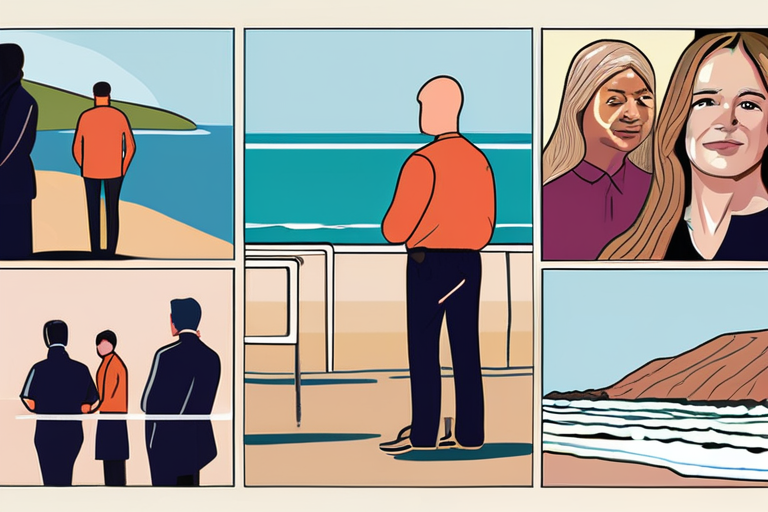


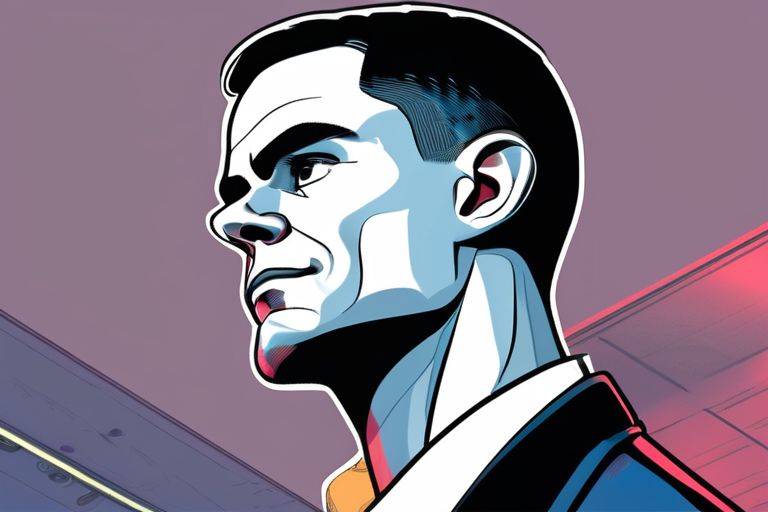
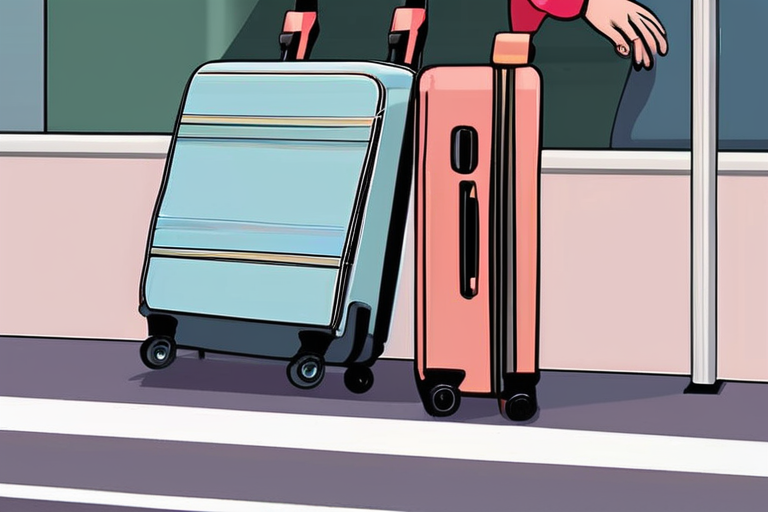
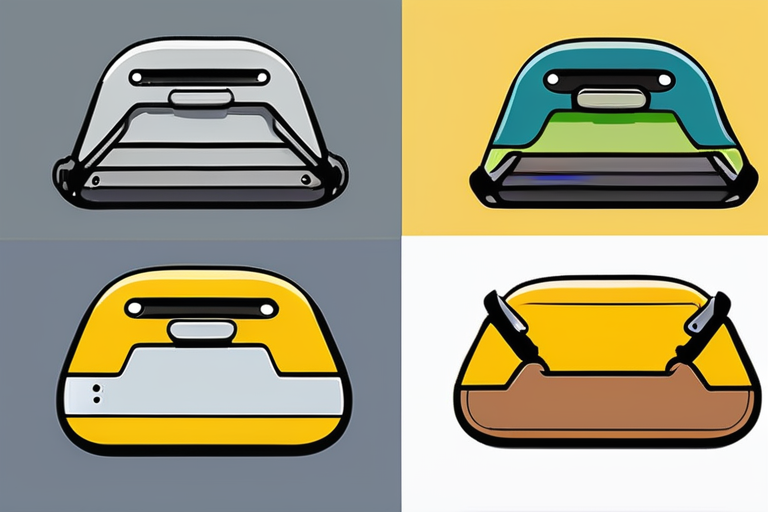


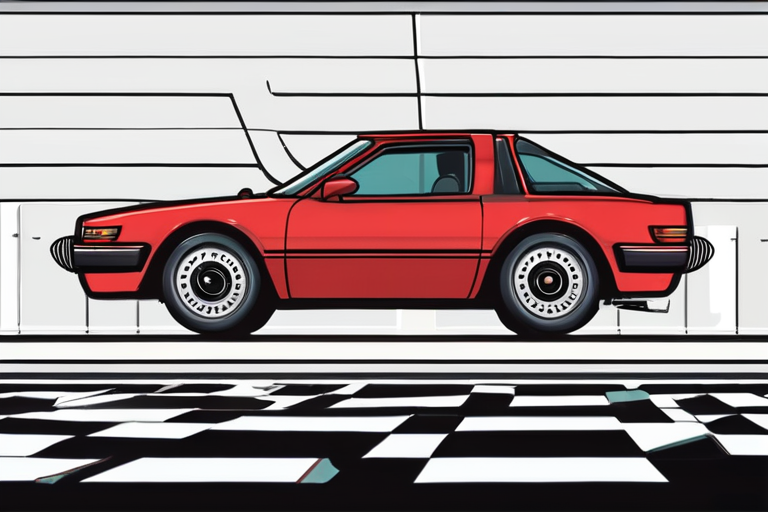


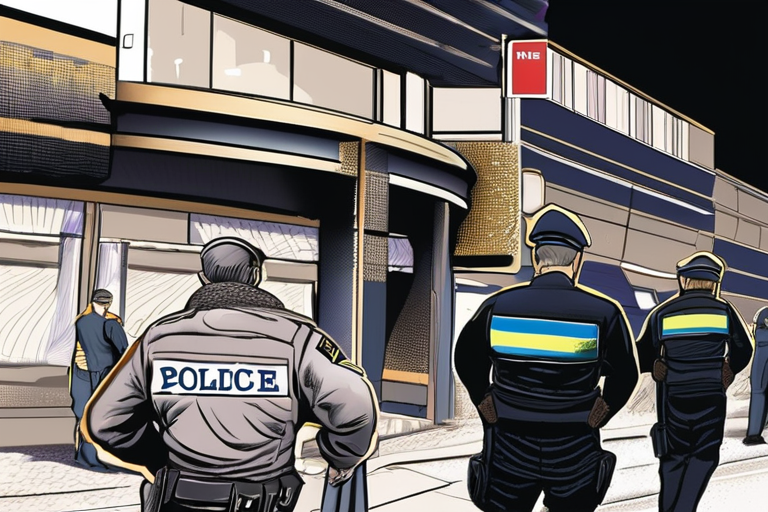

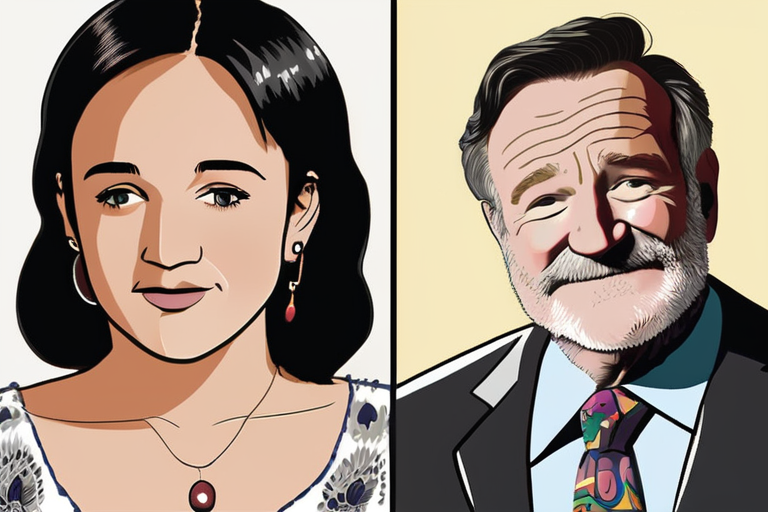

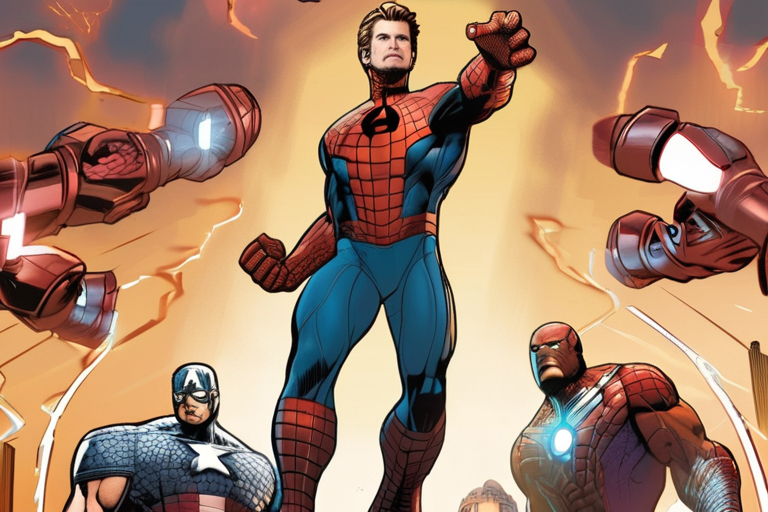


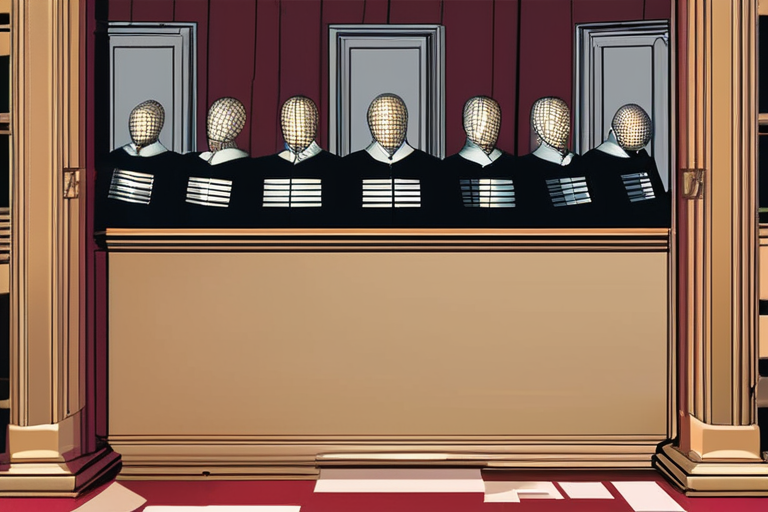
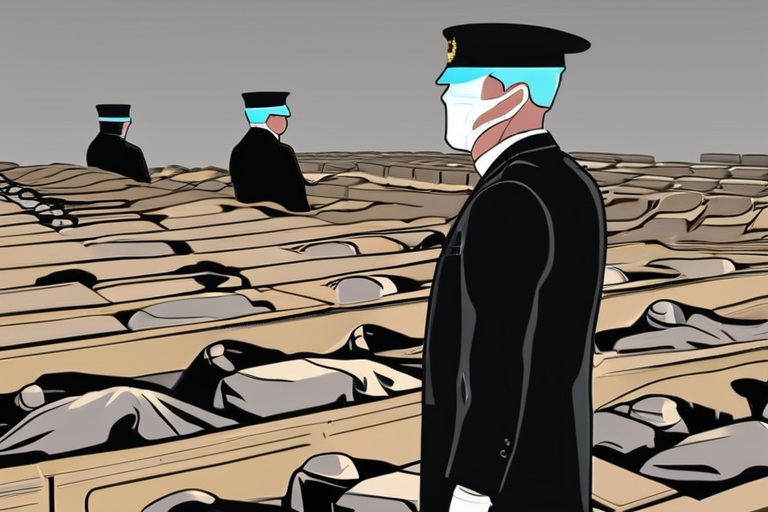
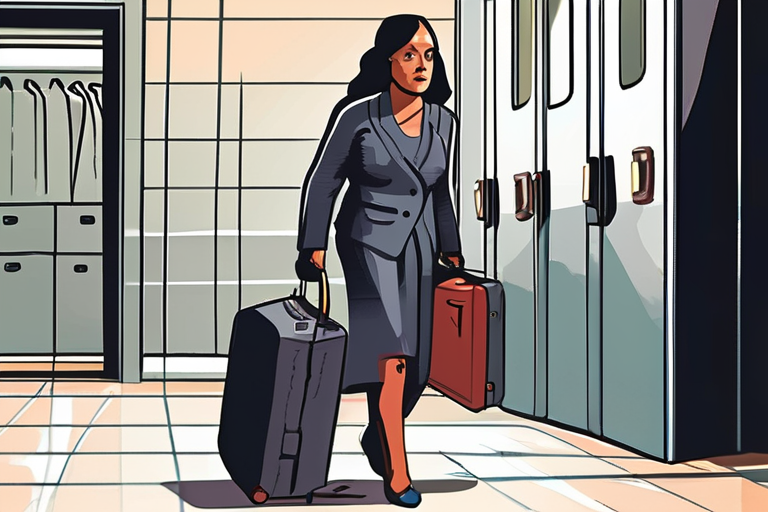

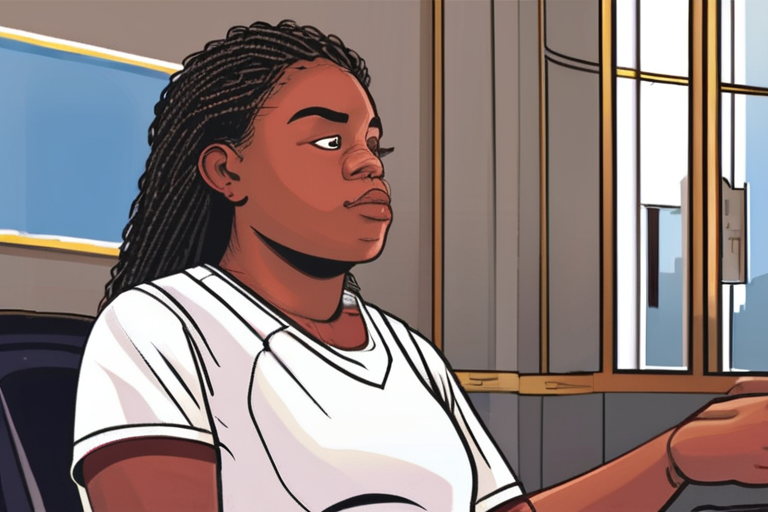



Share & Engage Share
Share this article